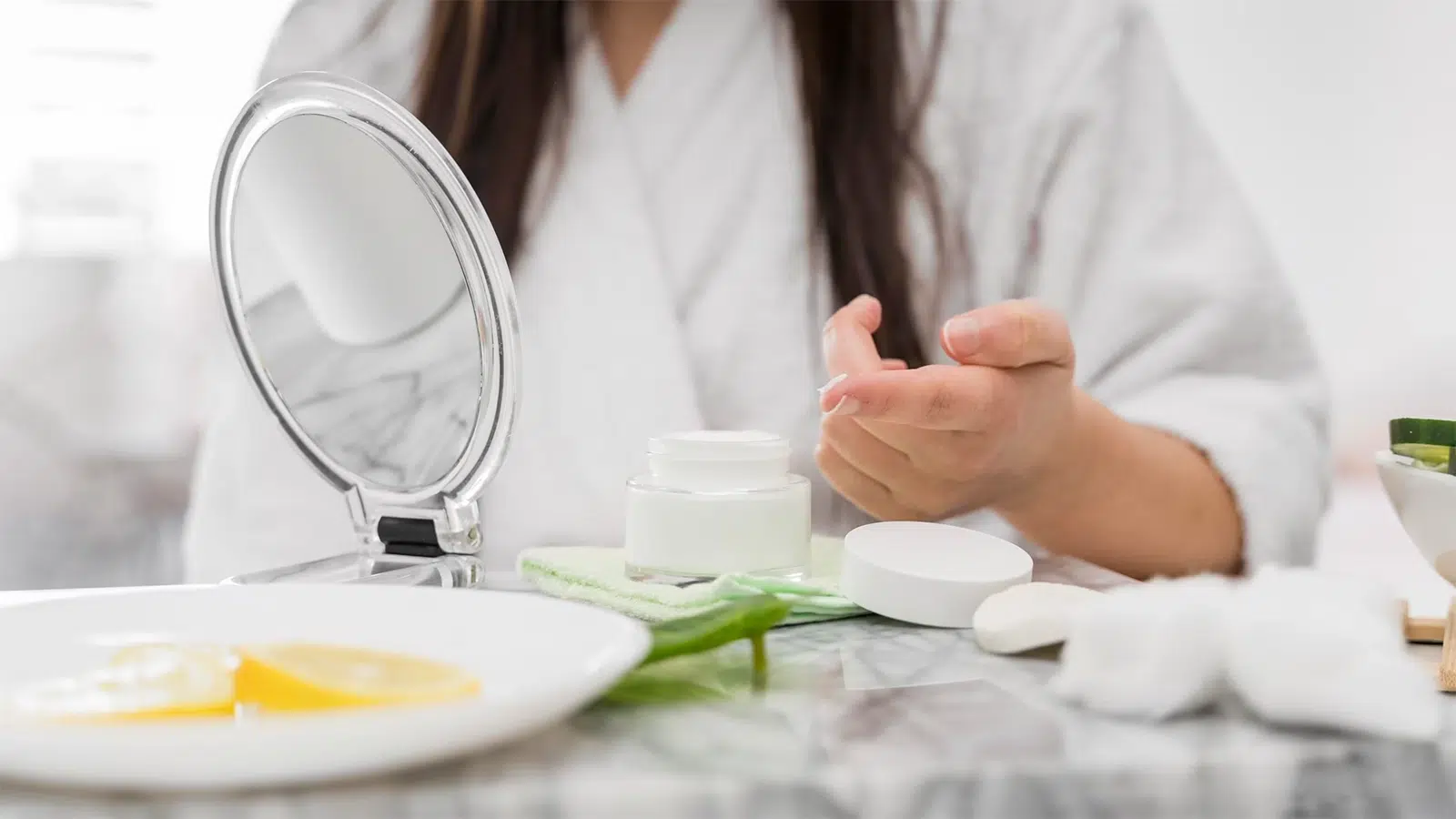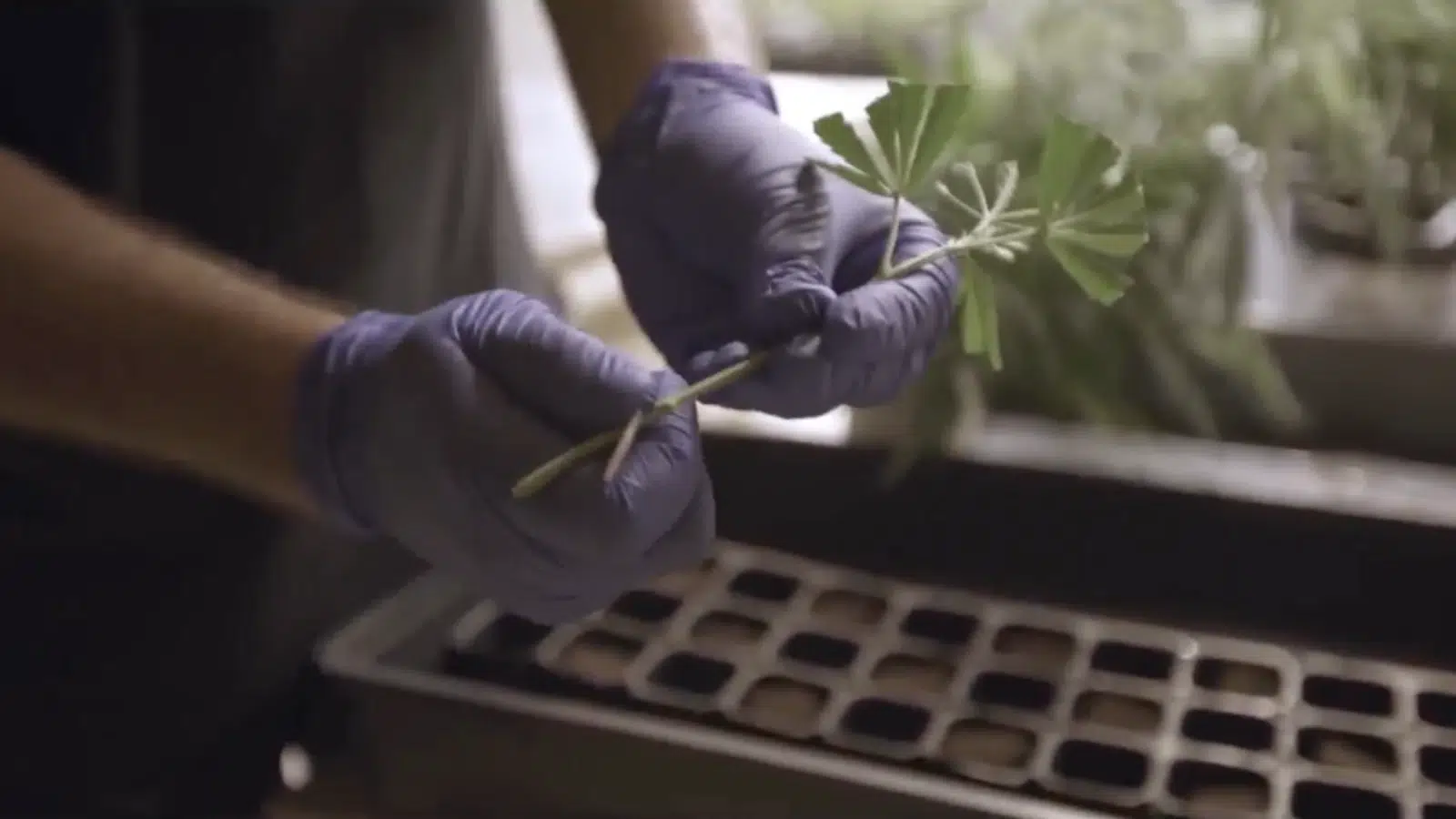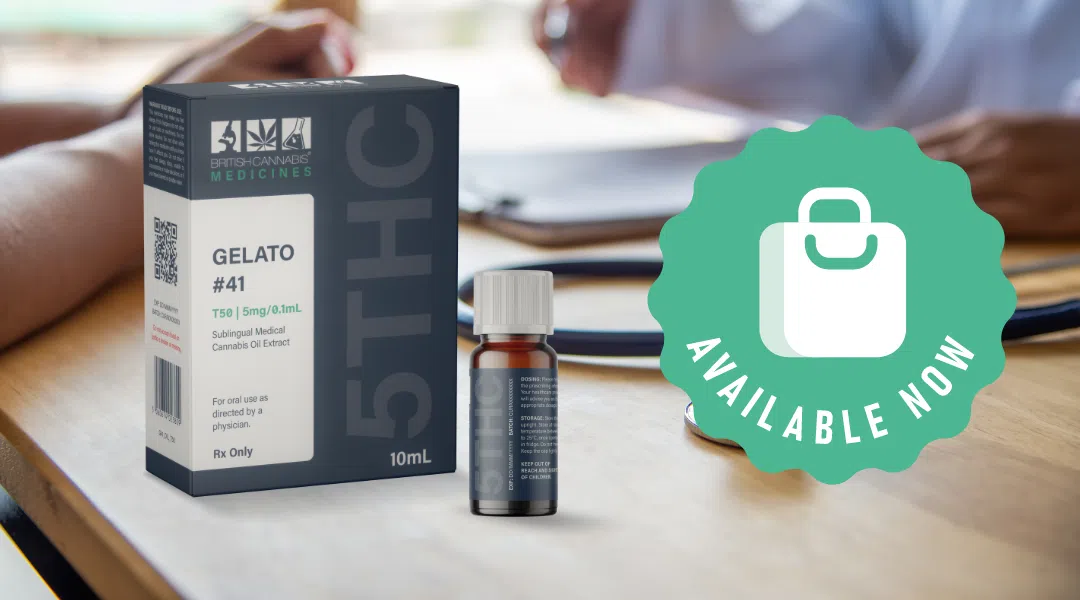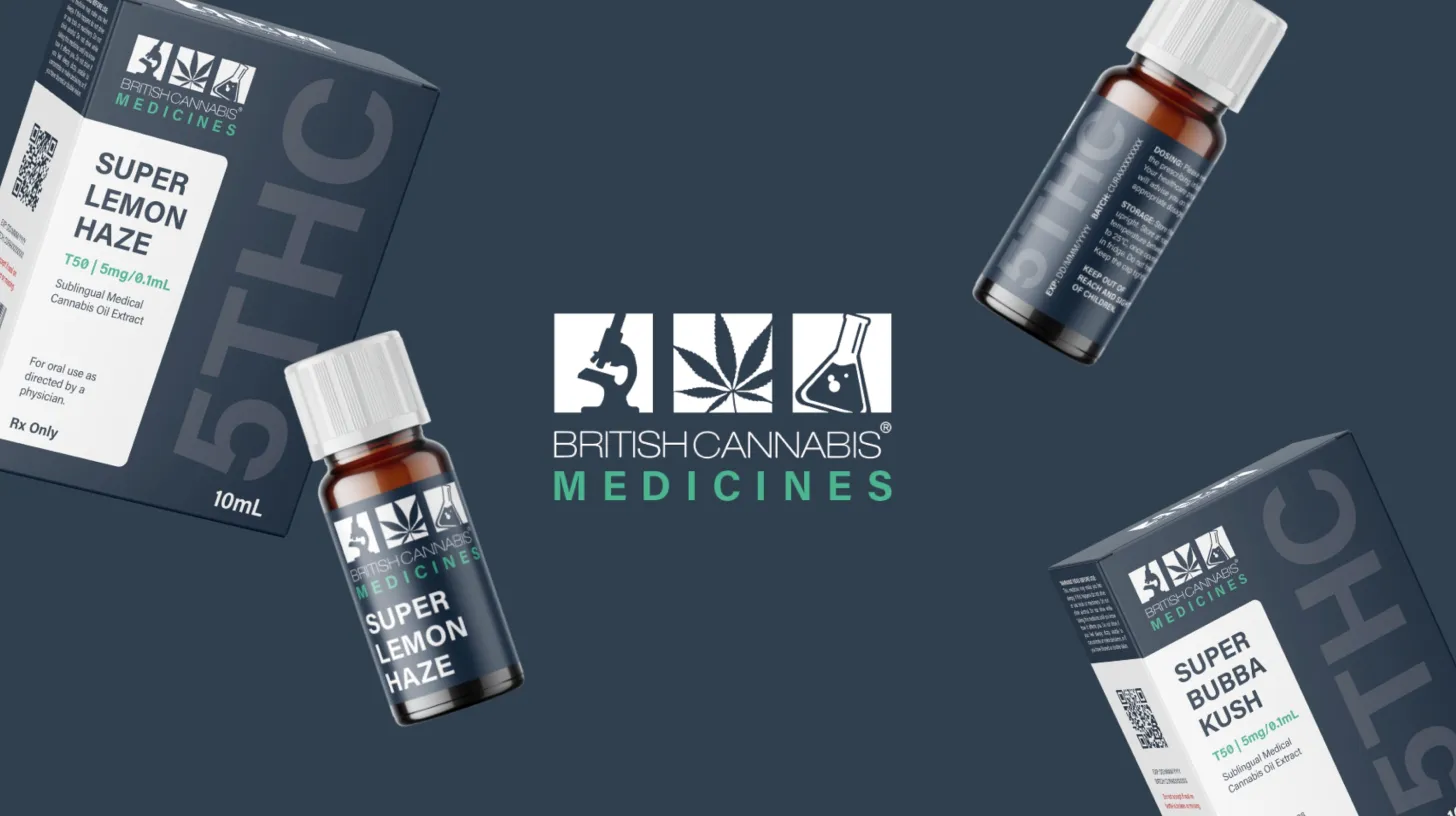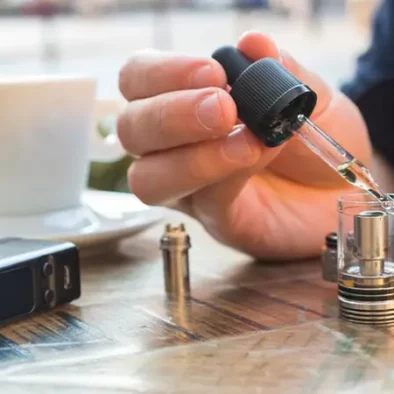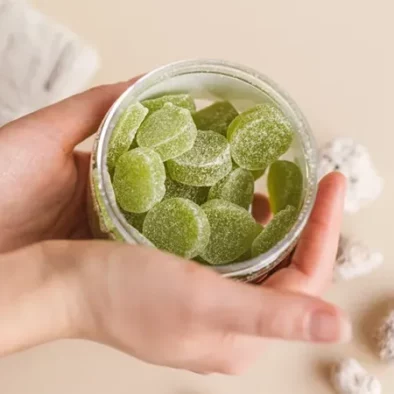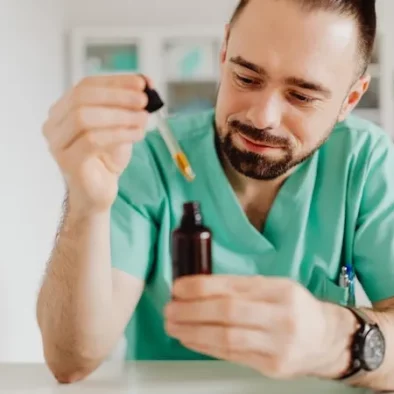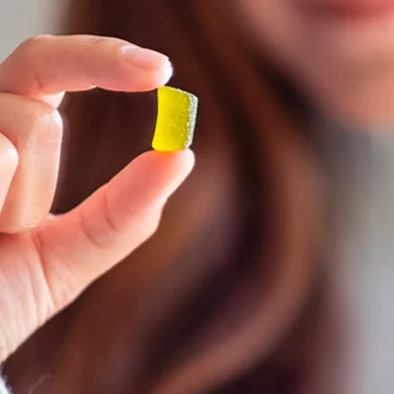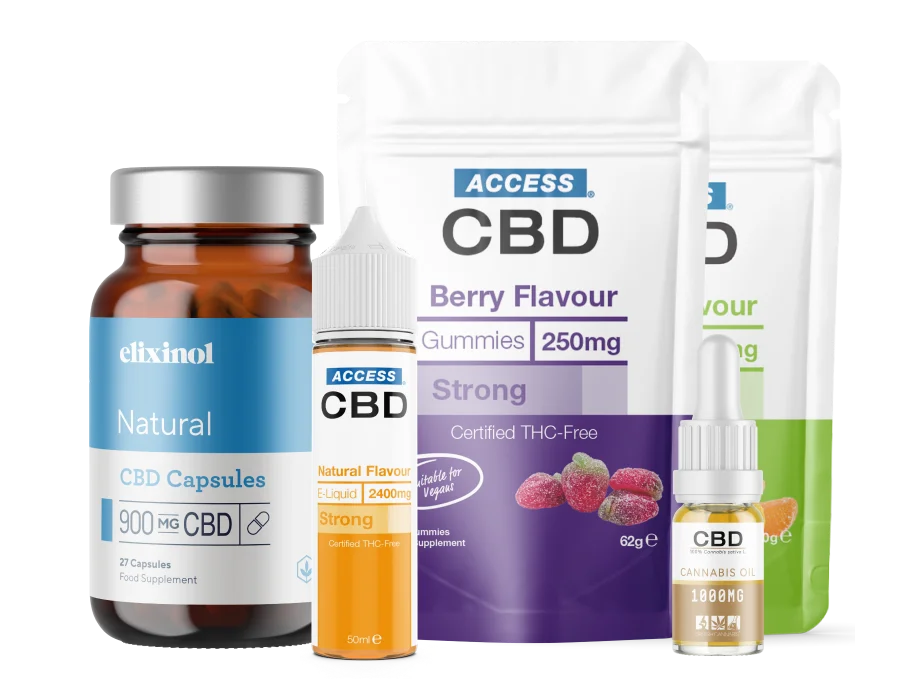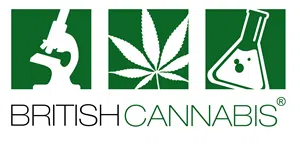
2025 Top CBD Balms in the UK: A BRITISH CANNABIS™ Review
Introduction to CBD Balms
The growing popularity of CBD products in the UK has seen a particular interest in CBD balms for their therapeutic benefits, notably in skin care and muscle relief.
However, this rise in demand brings a challenge: discerning the best CBD balm UK amidst a flood of varying quality products.
This guide aims to navigate through this landscape, highlighting top-tier CBD balms and emphasizing the importance of choosing quality.
Understanding what is the best CBD Balm UK is vital for those seeking effective, high-quality options in a market brimming with choices.
Here, we commit to clarifying the essentials of CBD balms, guiding you to make well-informed decisions for your health and well-being. You can find additional insights in this CBD cleansing balm for radiant skin.
What is CBD?
Understanding Cannabidiol (CBD) is key to appreciating the best CBD balm UK.
CBD, a compound found in cannabis, differs from THC (tetrahydrocannabinol) as it doesn’t cause a ‘high.’
Its therapeutic potential is recognized for providing relief in various physical and mental conditions.
Particularly in balms, CBD offers localized benefits, interacting with the skin’s endocannabinoid system.
This interaction may help reduce inflammation and alleviate pain, making CBD balms a favoured choice for targeted relief in conditions like arthritis and muscle discomfort.
Next, we’ll explore how CBD balms differ from other CBD products and guide you in choosing the most effective CBD balm for your needs in the UK.
CBD Balms vs. Other CBD Products
Understanding the difference between CBD balms and other CBD forms like oils and creams is crucial for choosing the right product for your needs.
- CBD Balms: Ideal for targeted relief, balms work directly on specific areas of pain or skin issues.
They have a thicker texture, absorb quickly, and don’t leave a greasy residue, making them perfect for external ailments like muscle aches or skin conditions. - CBD Oils and Creams: Oils, often taken orally, have systemic effects on the entire body, suitable for overall wellness.
Creams, lighter than balms, are applied over larger skin areas and provide more general relief.
This distinction is key in selecting a CBD product that aligns with your specific health requirements, whether it’s for localized or full-body effects.
Benefits and Working Mechanism of CBD Balms
CBD balms have become popular for providing targeted, effective relief.
Key benefits include:
- Rapid Absorption: CBD balms absorb quickly into the skin, offering fast relief to the targeted area.
- Endocannabinoid System Interaction: They interact with the skin’s endocannabinoid receptors, helping manage pain and skin conditions.
- Non-Greasy Formula: Quality balms absorb well, leaving no residue, making them convenient for daily use.
- Versatile Benefits: Ideal for skin issues like dryness and inflammation, and effective for muscle and joint pain.
CBD balms offer a practical solution for addressing specific skin and muscle issues.

How to Use CBD Balms
Effectively using CBD balms enhances their benefits.
Here’s a simplified guide:
- Target Area: Apply the balm directly to the area needing relief.
- Preparation: Clean the area before application for better absorption.
- Application: Start with a small amount; you can add more if necessary.
- Massage: Gently massage the balm into the skin in a circular motion.
- Regular Use: Apply consistently for ongoing relief.
- Adjustment: Observe how your body responds and adjust usage accordingly.
- Storage: Keep the balm in a cool, dry place.
Always patch test first and consult healthcare professionals if you’re using other topical medications.
Guide to Buying a CBD Muscle Balm
Choosing the right CBD muscle balm involves several key considerations:
- CBD Strength: Assess the CBD concentration for the desired potency. Beginners should start with lower strengths.
- Ingredient Quality: Opt for natural, high-quality ingredients, preferably organic hemp. Avoid unnecessary additives.
- Third-Party Testing: Verify independent testing for CBD content and purity.
- THC Content: Ensure the balm contains less than 0.2% THC to meet UK legal standards.
- CBD Type: Decide between full-spectrum, broad-spectrum, or isolate, based on your preference.
- Reviews and Reputation: Research customer reviews and the brand’s reputation for insight into effectiveness and quality.
- Price: Balance quality with reasonable pricing.
- Application and Texture: Choose a balm that’s easy to apply and not overly greasy.
- Packaging: Good packaging, like air-tight and light-resistant containers, maintains CBD potency.
These factors will help you select a safe, effective, and high-quality CBD muscle balm.
Quality and Testing of CBD Balms
Ensuring the quality and safety of CBD balms involves several key aspects:
- UK Government-Accredited Laboratory Testing: High-quality balms should be tested in UK government-accredited labs to verify CBD concentration and check for THC and harmful substances. You can check BRITISH CANNABIS™ CBD Lab Testing.
- THC Content: Legal CBD products in the UK must have less than 0.2% THC. Always check to ensure compliance and avoid psychoactive effects.
- Certificates of Analysis (CoA): Look for a CoA with each product, indicating transparency and quality commitment from the manufacturer.
- Regulatory Compliance: Ensure the balm complies with UK regulations for cosmetics, including labelling and safety standards.
- Consistent Quality: Choose brands known for maintaining consistent quality across their product range.
These factors are crucial for selecting a CBD balm that is safe, effective, and legally compliant.
What is the Best CBD Balm UK?
Here’s a detailed look at some of the top CBD balms available in the UK, each with unique features and benefits:
Cleansing CBD Balm – ElixinolSkin CBD UK:
Description: A versatile balm-to-oil skincare product suitable for all skin types.
Key Features: Enriched with natural botanical ingredients, designed to soothe and cleanse skin.
Application: Ideal for daily use, applied to the face and massaged gently.
Ingredients: Includes natural ingredients like Cannabis Sativa Seed Oil and Shea Butter.
Price: £29.99, reflecting its specialized formulation.
Vitality CBD Muscle Balm:
Description: A smooth, naturally formulated balm aimed at muscle and joint relief.
Key Features: Contains 300mg of CBD, infused with lavender and eucalyptus oils.
Application: Easy to apply, particularly on sore muscles or joints.
Ingredients: Organic Coconut Oil and Beeswax enhance its natural profile.
Price: Priced at £19.99 for 50ml, offering value for its organic components.
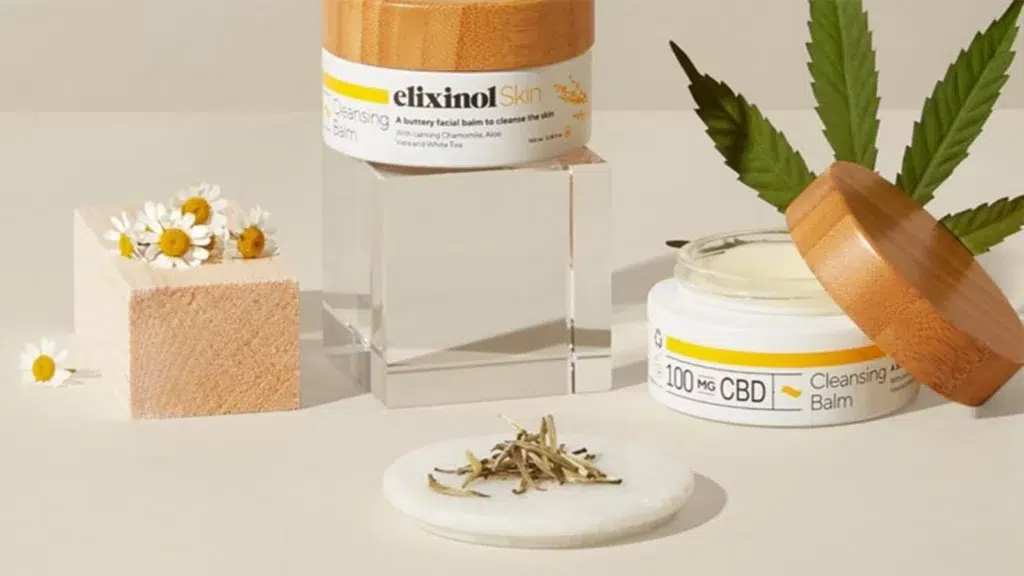
CBD Muscle Salve by Infinity CBD:
Description: An extra strong, all-natural muscle balm with essential oils.
Key Features: Available in 250mg, 500mg, and 1000mg Full Spectrum CBD strengths.
Application: Rich, creamy texture ideal for massaging into tired muscles.
Ingredients: Features Shea Butter, Cocoa Butter, and a blend of essential oils.
Price: Ranges from £17.99 to £39.99 based on CBD strength.
CBD Muscle Rub from Fourfive:
Description: A CBD-infused balm tailored for athletes and active individuals.
Key Features: Contains 300mg of CBD isolate and menthol for a cooling effect.
Application: Formulated for easy absorption and relief of muscle aches.
Ingredients: Includes sunflower seed oil, olive oil, and lavender flower oil.
Price: Available for £28, with a subscription discount option.
CERIOUS Muscle Relief Balm:
Description: A plant and mineral-based balm for muscle and joint relief.
Key Features: Contains 150 mg of high-quality broad-spectrum CBD with a unique time-release formulation.
Application: Non-greasy, silky powder finish suitable for all skin types.
Ingredients: Blend of natural botanicals and minerals like Arnica Montana Flower and Eucalyptus Oil.
Price: Priced at £43.00 for a 30ml jar, reflecting its specialized ingredients.
Each of these CBD balms offers distinct benefits, catering to different preferences and needs, ensuring there’s a choice for everyone seeking the best CBD balm in the UK.
Legal Status of CBD in the UK
Understanding the legality of CBD balms in the UK is essential:
- THC Limit: CBD products must have less than 0.2% THC to be legal.
- Cosmetic Compliance: As cosmetics, CBD balms must adhere to the Cosmetic Products Enforcement Regulations 2013.
- Source: Legal CBD is typically derived from low-THC hemp.
- Reputable Sources: Always buy from trusted sources for safety and compliance.
This knowledge ensures you choose CBD balms that are both effective and legal in the UK.
Conclusion
CBD balms offer a valuable option for natural relief and skincare in the UK.
For those considering adding a CBD balm to their wellness regimen, exploring high-quality options like ElixinolSkin’s Cleansing CBD Balm is recommended.
This premium balm exemplifies the benefits of top-tier, hemp-derived CBD. Visit ElixinolSkin CBD UK to see their range of products suited for various needs.
Remember, staying informed about CBD advancements is crucial for making choices that benefit your health and wellness.
Explore the potential of CBD balms and find what works best for you.
References
Sponsored features editor. “New Partnership Sees Revamped ElixinolSkin Cosmetics Return to UK.” Cannabis Health News. April 3, 2023. https://cannabishealthnews.co.uk/2023/04/03/new-partnership-sees-elixinol-cosmetics-return-to-uk/.
Sponsored features editor. “BRITISH CANNABIS™ – 7 Years of Pioneering UK CBD.” Cannabis Health News. March 31, 2023. https://cannabishealthnews.co.uk/2023/03/31/britishcannabis-7-years-of-pioneering-uk-cbd/.

